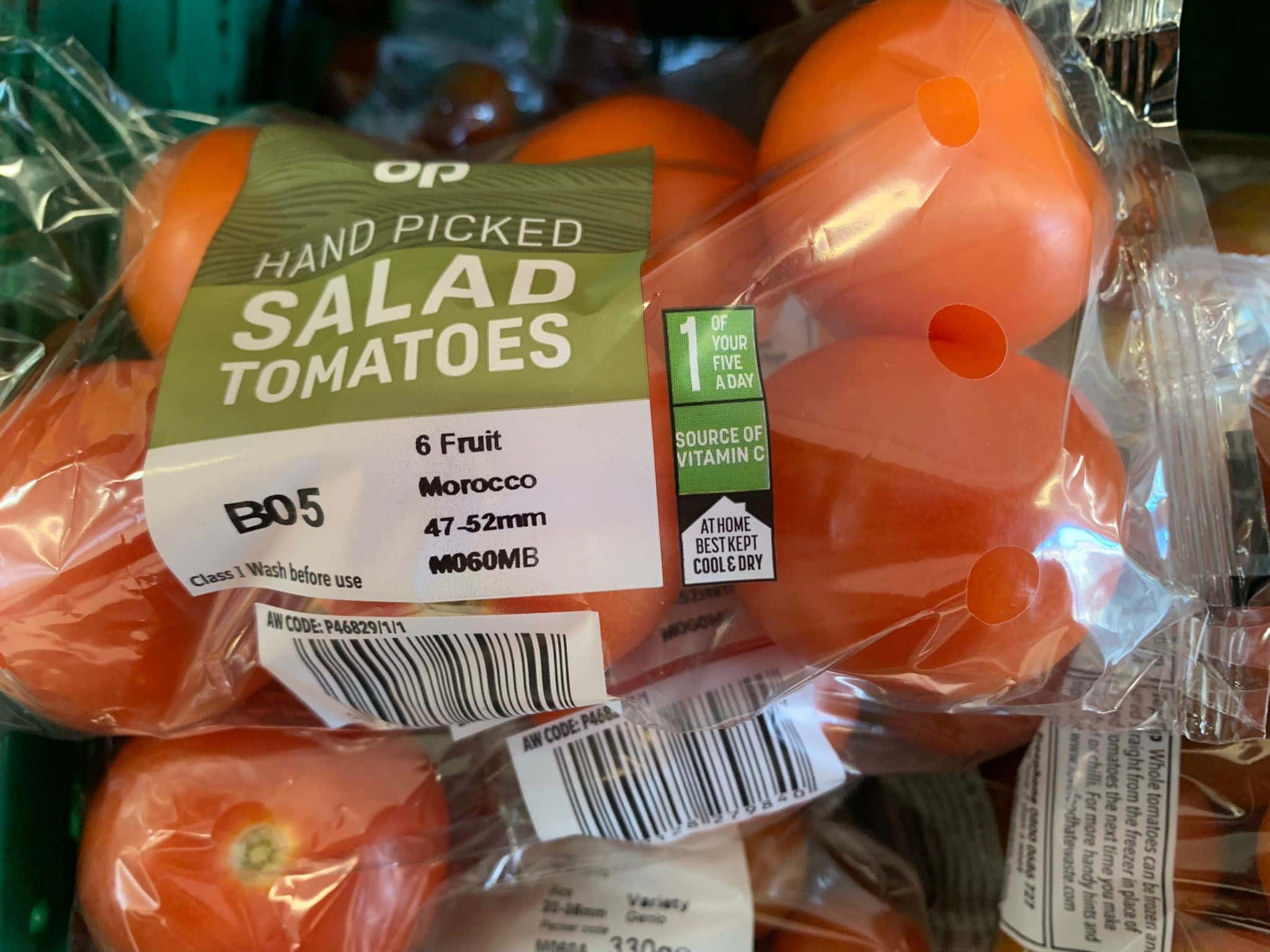British consumers could be buying more fruit and veg produced in countries with lower worker rights since Brexit has made importing from Europe more expensive and increased supply from other countries.
Morocco is now the largest supplier of vegetables to the UK and has doubled its exports of tomatoes over three years, according to Dutch business promotion body CBI. But it faces scrutiny over worker rights in one of its major tomato producing regions, in the south of the country, where unions and campaigners say workers are oppressed.
“There are 70,000 agriculture workers in this area and 92 per cent of them are women. It’s a very oppressed workforce,” said Catherine McAndrew, migrant labour solidarity campaign coordinator for The Landworkers’ Alliance, in a recent talk.
“Agriculture workers are paid €7 for a 10-hour day, which is separate from other legal minimums in other industries which is €12 a day.”
McAndrew explained a recent case around strike action in January 2022 by Moroccan workers at tomato supplier Azura, where they were blocked from striking and a worker was ultimately killed. The action was resolved and workers compensated when two UK supermarkets intervened and asked Azura to negotiate with unions, McAndrew said.
“The tactic that we use is commercial pressure on the buyers. We want more people to get involved. No public scrutiny means it’s very easy for UK supermarkets to say it’s nothing to do with us. We need public mobilisation rather than individual lobbying,” she added.
UK importers of fruit and veg have faced increased costs, from admin time as well as new duties, since Brexit, which has meant countries within the EU are no longer preferable to those outside the union.
“For the same money or cheaper we can buy from other places, for example some African countries with growing economies are hungry for outside currency,” said Mark Bowyer, general manager of herb and salad veg supplier Herbfresh, based in Surrey. “But how do their production standards compare to ours?” he asked.
Bowyer said Red Tractor is a minimum standard for imports but noted that it doesn’t have a robust reputation. “Are you supporting an ethical supply chain as a whole country, do they have the same ethics as trading in Europe has been trying to achieve?” he continued.
“In herbs, there was a reliance on Spain, which has fallen away dramatically, in place of Israel, Jordan, Kenya and a couple of other African states.
“Rather than truck everything in from Spain, there is a lot more airfreight and more packed at source.
Bowyer said it’s particularly difficult to import as a small business, as “a large number of small consignments is becoming expensive and difficult”. A carrier charge must now be paid per item, even if they are on the same delivery.
“And lorry drivers don’t like it because there are more checks,” he said, adding that he now has to buy baby chilli plants, rather than seeds, since a seed house stopped supplying to the UK after a consignment was incinerated at the border.
In three years since Brexit, and two years since the transition period, UK food and farming businesses have struggled to source labour since free movement of people ended, and faced a huge increase in complicated paperwork, with little to no support available.
It comes as the BBC’s The Food Programme this week explored how the impact of Brexit on food and farming has fallen off the agenda, with contributors including a small-scale chocolate producer paying four times as much to import cocoa, cucumber growers struggling to find workers and shellfish suppliers facing unpredictable export terms.
The programme heard how Brexit has made trading for many small businesses harder and less able to weather other macro shocks, like the impact of the Ukraine war and rising costs-of-living.
In a statement, the government told the programme that small businesses would be fully protected from increased business rates, and are benefiting from the energy cap.
You can listen to the programme, which also heard from Wicked Leeks’ editor Nina Pullman, here.















0 Comments